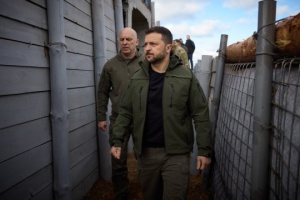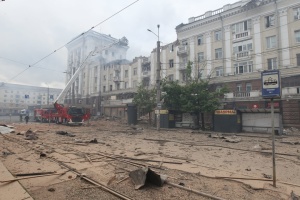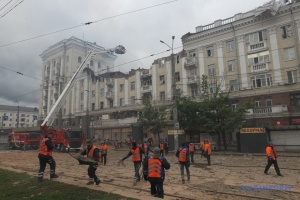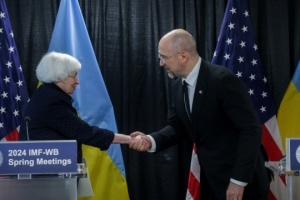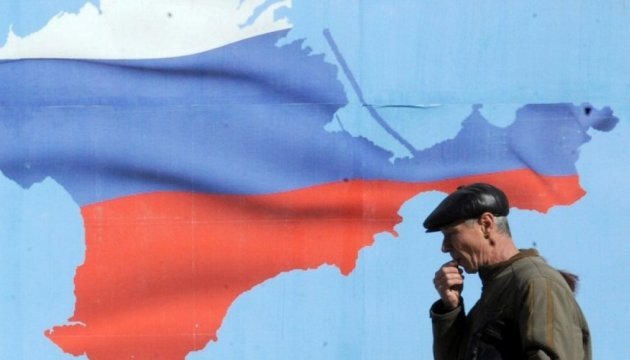
What is happening in Crimea?
In order to understand what is happening in Crimea annexed by Russia, one must know one of the main features of Russia – the ability of the authorities, for the sake of achieving certain goals, to lie, to promise many things that cannot be realized, to create in the media a picture of beautiful Russian life, not to see people's problems, to hide, to conceal, to misinterpret and to openly lie about the realities in which the Russians live and in which Crimea has found itself today.
Long before the occupation of Crimea in 2014, Russian analysts regularly sent their reports to the Kremlin saying that the Crimean Tatars could be the most serious and organized opponents of the Russian invasion of Crimea (and Moscow has always been dreaming about that). A two-century history, when Russia, just stepping on the peninsula, began to squeeze out the indigenous people beyond its borders, is evidence of that. And the deportation organized by Moscow in 1944, from which the tears of the Crimean Tatars have not dried up so far, with all the will of Moscow, cannot make the hearts of the Crimean Tatars imbued with love for Russia.
Therefore it is quite clear why the most serious problems with the new authorities in Crimea are currently experienced by these people.
Let us take recent examples. The Supreme Court of Russia sentenced Crimean Tatar Ruslan Zeytullaev to 15 years in prison, accusing him of organizing a branch of the banned Hizb ut-Tahrir party in Sevastopol. Speaking at a court hearing on July 27, Ruslan stated that Russia, accusing him, had emasculated the very notion of "terrorism" that in the dock today are people who "suffer for their faith," who "never blew up anything, set fire to anything, seized anything and took no hostages." It is worth explaining that in the Ukrainian Crimea the Hizb ut-Tahrir party was not banned and the activity of the believers of this organization did not pose any threat to Ukraine. In the Russian Crimea, even the Muftiate, which risks falling into disfavor of the new government, cannot currently stand up for the believers.
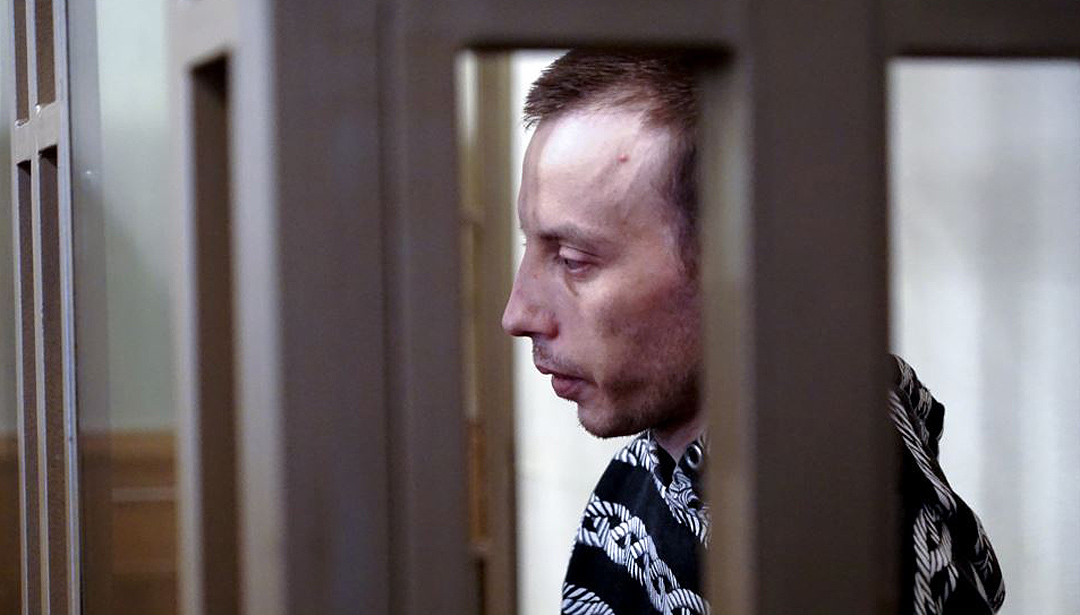
According to one of Zeytullaev's defenders, the only goal of trial over Muslims in Crimea (and the verdict has already been announced for four Crimean residents, and 15 more are awaiting the court's decision) is to intimidate all others and make them unanimous not only in what prayers to read and what books to keep on the shelves, but also in loyalty and desire not to stand out against the general background.
In addition to the case of Hizb ut-Tahrir, there is also a case of "February 26" and "the case of Ciygoz." As part of these criminal case on trial are Ahtem Ciygoz, Ali Asanov and Mustafa Degirmenci, who participated in a rally outside the building of the Crimean parliament on February 26, 2014 in support of the territorial integrity of Ukraine. In addition to them, the rally was also attended by thousands of people, including the party of the current "leader" of Crimea Aksenov, whose adherents supported the Russian status of Crimea. However, only Crimean Tatars are being tried for participation in the rally and riots. There is another "case of Ilmi Umerov" and "the case of journalist Semeny" - they are judged for the fact that they dare to say obvious things: according to the international point of view, Crimea belongs to Ukraine.
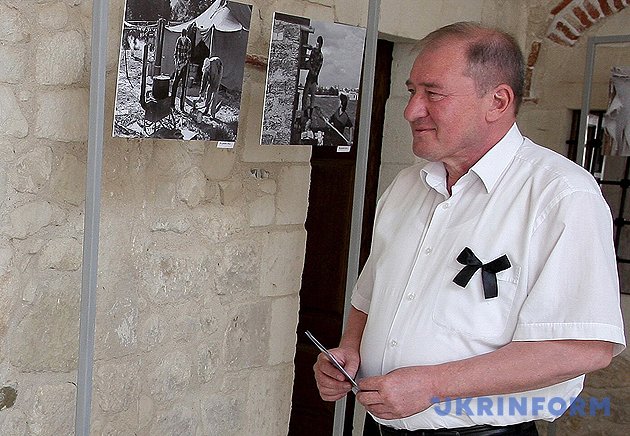
These processes are needed to strengthen the sense of fear among the disloyal population. People are also alarmed by the constant disappearance of young children from among the Crimean Tatars. In total, according to human rights activists, 44 Crimean people have disappeared since the Russian annexation of Crimea, and six of them have been found dead, two put in prison, 17 have been found, and the rest are missing. Basically these are the Crimean Tatars.
The "case of Volodymyr Balukha" is indicative for the situation with human rights in Crimea. A Ukrainian, a native of Rozdolne district in Crimea, could be sentenced to five years in prison for persistently hoisting a Ukrainian flag over his house. The authorities accuse the farmer of "purchasing and storing ammunition" - the security forces "found" 90 cartridges and several TNT bombs in the attic of his house.
All these criminal cases shake the inner life of Crimea and in fact today worry not only the Crimean Tatars and Ukrainians.
As it turned out, the Russian government is demanding ever greater loyalty from an increasing number of people.
According to lawyer Oleksandr Popkov, the Russian courts have got to "human rights fans" who actively voted for "the reunification of Crimea with Russia."
Not used to the rough "crackdown," they were trying to gather for rallies and establish "Russian life in Crimea" according to the old Ukrainian tradition of the absence of restrictions. But it was far from it.
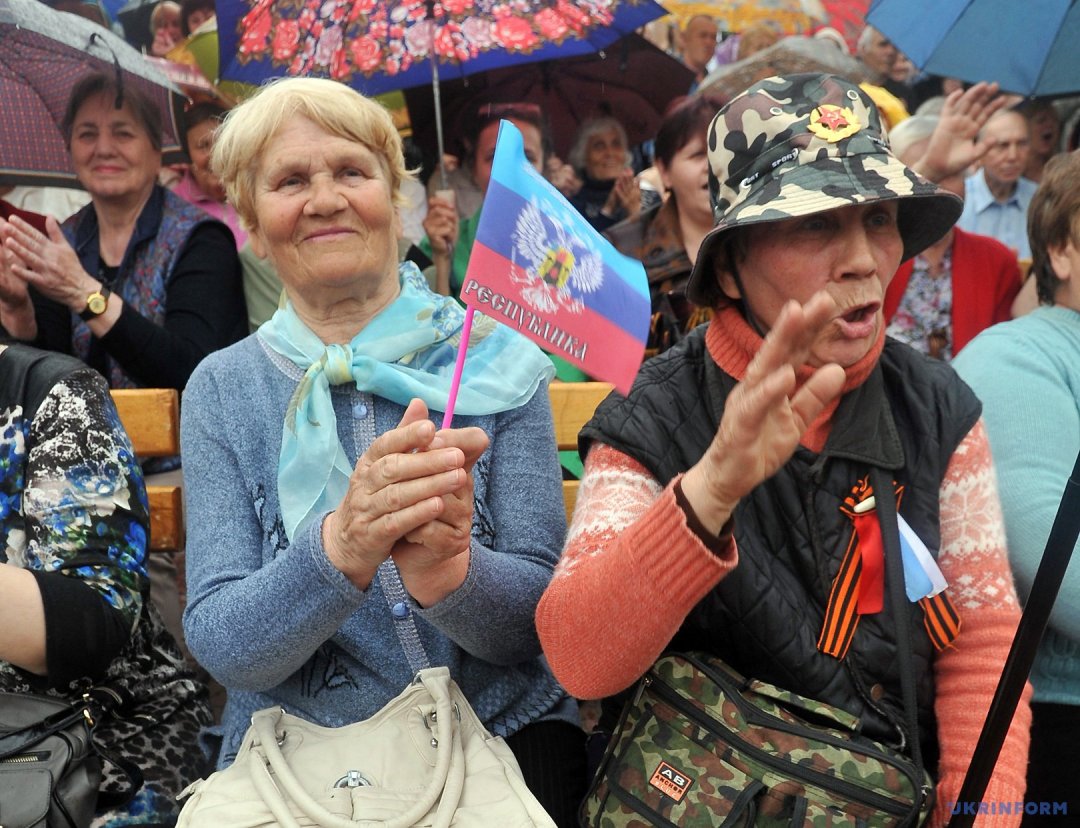
For example, in Sevastopol, the Russian government began to suppress protests of Cossacks, anarchists and other fans of the "Russian" peninsula. At first these people did not react to pressure, because they got used that under Ukraine, if they did not like anything, they could come out to the streets with placards. But the new "authorities" began to disperse them, detain especially stubborn people, and then open criminal cases. First, these were cases on vandalism, alcoholism, and drugs. The activists were frightened so much that they had to stop their activity.
In contrast, blogger journalist Oleksiy Nazimov, head of the local Tvoya Gazeta Internet newspaper, and a deputy from the communists in Alushta City Council, Pavlo Stepanchenko, did not back down and began to make serious accusations of corruption against local "authorities" and tried to defend the social rights of city citizens, but as a result they were put behind bars.
According to lawyer Oleksandr Popkov, Russia did not have mercy on even its own people, because it is afraid of "any uncontrolled activity of the people, which can get out of control at any moment."
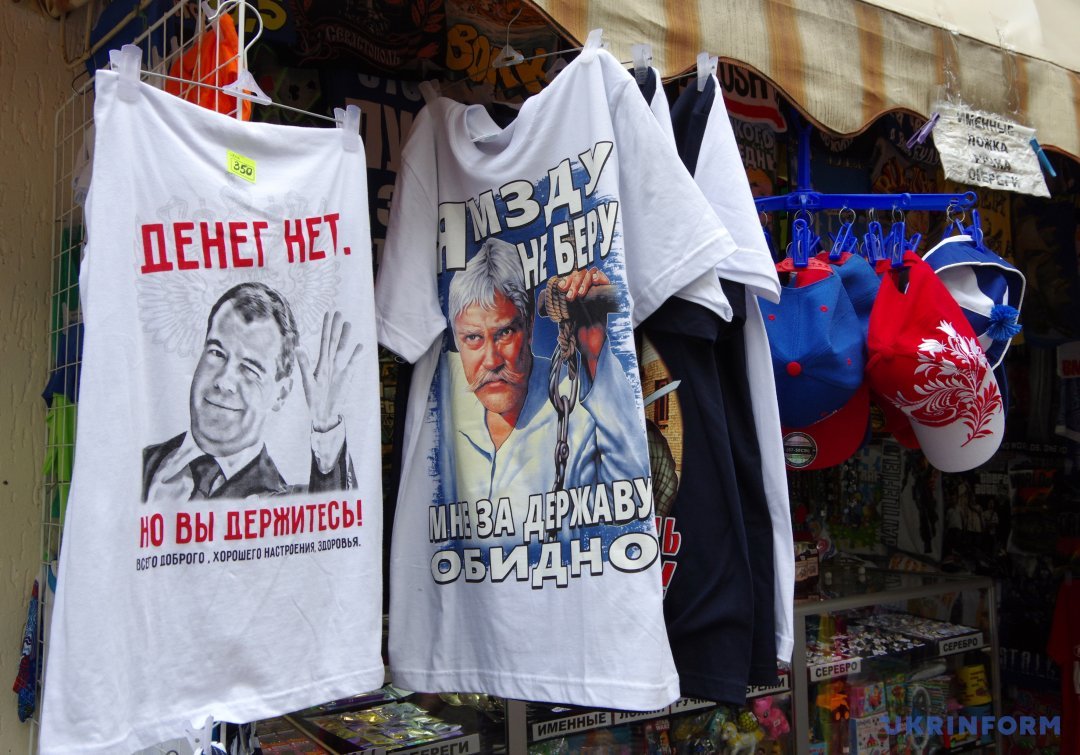
According to human rights activists, Moscow looks at everything happening in Crimea "through fingers," giving carte blanche to local law enforcement agencies and politicians. And Russian society has no interest in political affairs in Crimea. On the most popular television channels, journalists skillfully create a beautiful picture of the "happiness" of the return to the "native harbor," which fell down on Crimea. Judging by the fact that there are fewer "own" people in Crimea, few people believe in this picture.
In general, Russian lawyers (and today they are legally allowed to work in the occupied Crimea) state the absurdity of the accusations made against journalists, Muslims, human rights activists, bloggers, and they try to defend the law, not really hoping for a fair outcome.
The result of three years of occupation is sad - even if those that are not interested in politics, live in a distant village and do not identify themselves with a certain religion, party or nationality, negative changes in life in Crimea are beginning to catch them as well.
There are changes, first of all, in the economy of Crimea. Under Ukraine, any resident of the peninsula, wherever he lived, could feel being part of the world, Europe, the country. Today's Crimea has turned into an island with a barely breathing Internet, with bad mobile phone communications, risky energy, unresolved water supply problem and ever poorer infrastructure frightening even the most unpretentious Russian tourist.
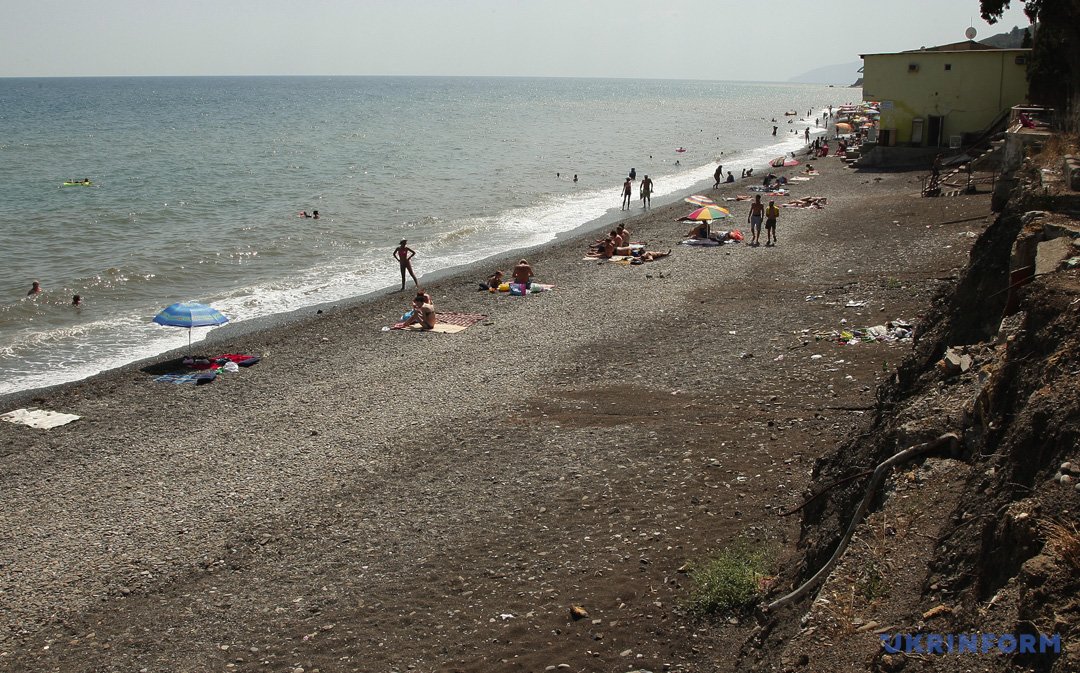
Even the official "authorities" recognized that the 2017 resort season in Crimea is a complete failure. They have tried to explain this differently for the last two weeks.
For example, the Crimean "government" said that Ukraine, fearing the success of the Crimean resort and tourism industry, banned its citizens from coming there on vacation. Moreover, according to Zaur Smirnov, the "head of the Crimean state committee for international relations and deported citizens," the Ukrainian authorities announced a "tourist blockade of the Russian peninsula" and instructed the border service to create artificial obstacles to all Ukrainians who want to go on vacation to Crimea. At the same time, a simple monitoring showed that the administrative border between Crimea and Kherson region is overloaded just in the Russian segment. Well-informed people argue that by collecting more or less numerous groups of people in this way, Russian border guards create a "picture" of a successful season for television.
Perhaps some of the Crimean officials forgot and some people did not even know that the slogan "forbid" in Ukrainian public consciousness is unacceptable in principle. In addition, this year tourist facilities in Kherson region and Odesa are obvious winners compared to Crimean resorts. Here the holidaymakers can enjoy the pricing policy, the absence of military helicopters overhead, clean beaches, and the opportunity to speak without fear in their native language, be it Russian or Ukrainian.
Many people, even in Russia, believe that the analytical abilities of Crimean officials are clearly used in the wrong direction. Those Russian tourists who arrived in Crimea this summer believe that prices for food on the peninsula are higher than in expensive Moscow.
"According to the [Russian] Federal State Statistics Service, in Sevastopol, the cost of a minimum set of products is about 200 rubles higher than in the Southern Federal District and Russia as a whole," local media reports say.
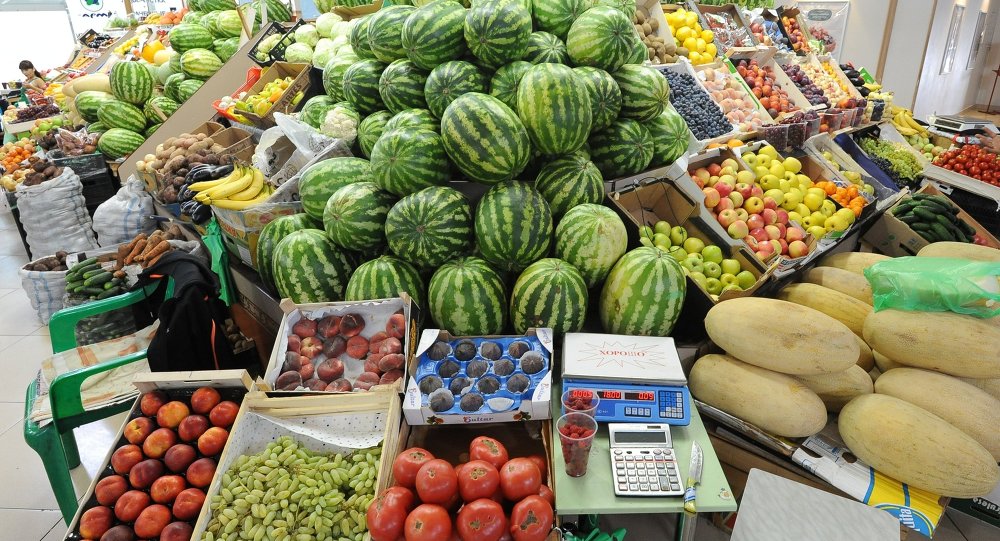
We will provide the recently monitored prices at a food market in Simferopol (it is exclusively about Crimean products, which do not require transportation from the mainland). Peaches - 100-120 rubles, cherries - 150 rubles, tomatoes - 60-100 rubles, bell pepper - 60 rubles, cucumbers - 60 rubles, greens - 40 rubles per bundle. The cheapest cheese costs 300 rubles per kg, milk - 40-50 rubles, ice cream - from 60 rubles. One-day tours of the tourist routes cost on average 2,000 rubles, and tickets to the Park of Lions - 950 rubles for adults and 450 rubles for children.
To briefly explain what is behind these figures, we will clarify that during the time of the Ukrainian Crimea, Russian tourists liked to come there because of affordable travel and entertainment, as well as cheap products, the prices for which were not higher than in the mainland Ukraine. But in the abovementioned list, Ukrainian prices are two and three times lower than the current prices in Crimea.
Some officials say that high prices for goods in Crimea are linked to the lack of large trading networks and, accordingly, weak competition and low volume of offers on the commodity market.
"In Sevastopol there are no large retail chains, accordingly, the volume of offers and the level of competition are lower." Why do not they come to us? First of all, they are afraid of sanctions," the "authorities" of Sevastopol explained very high prices for products.
But they are incapable or afraid of recognizing that all these and many other gaps in the Crimean economy are a consequence of Russia's aggressive systemic policy towards Crimea.
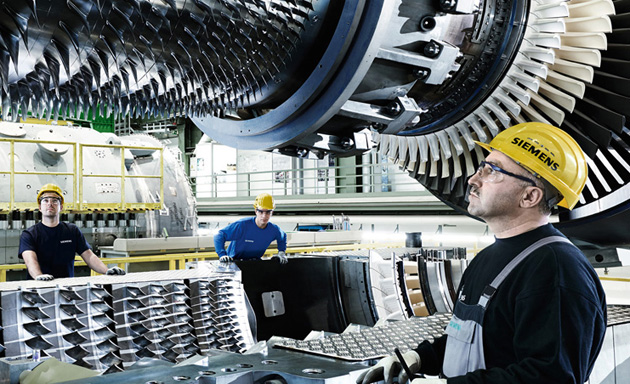
It is Russian aggression that has currently caused the troubles of the peninsula. New sanctions are being introduced against Russia, which does not take into account the civilized law and order and the opinion of the world community about the situation in Crimea. Nobody likes Russia's behavior in Crimea – an example of this is the story with Siemens wind turbines, which they deceitfully attempted to deliver to Crimea from the Krasnodar Territory, the refusal of world stars to perform in Crimea, and new criminal cases opened by the Prosecutor General's Office against former Ukrainian prosecutors, judges and officials. So, the situation with the economic, social and cultural isolation of Crimea should finally become the number one issue in the world.
op

